When it comes to the construction of dump trailers, the choice of material is crucial, not only for durability but also for functionality and efficiency. One material frequently under scrutiny is 10 gauge steel. This article delves deeply into the properties of 10 gauge steel, its applications in dump trailers, and how it stands up against other materials in the arena of strength and performance.
What is 10 Gauge Steel?
Gallantly, 10 gauge steel, often referred to by its thickness, measures approximately 0.1345 inches (3.416 mm). In the world of manufacturing, gauge numbers inversely relate to thickness; as the gauge number decreases, the steel’s thickness increases. This specific gauge of steel is predominant in heavy-duty applications due to its exceptional strength-to-weight ratio.
The Science Behind Steel Strength
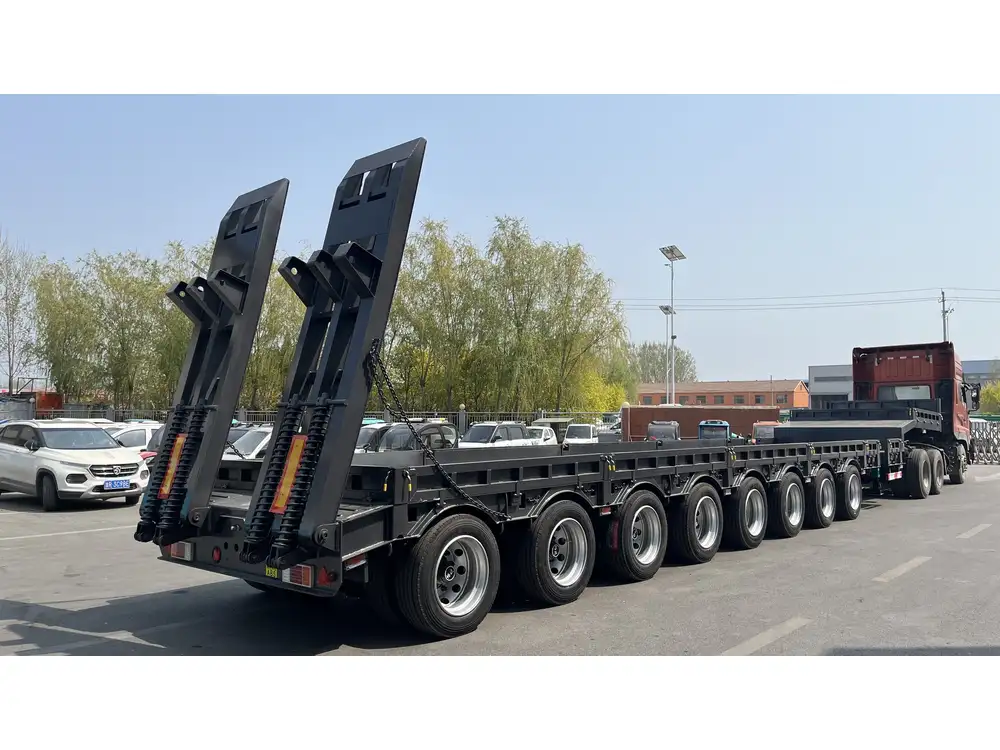
Tensile Strength and Yield Strength
To fully appreciate the robustness of 10 gauge steel, we must explore two principal properties: tensile strength and yield strength.
Tensile Strength: The maximum amount of tensile (stretching) stress that a material can withstand before failure or breaking. For 10 gauge steel, this typically ranges between 57,000 and 80,000 psi (pounds per square inch).
Yield Strength: Indicates the limit of elasticity in the material. For 10 gauge steel, yield strength averages around 33,000 to 50,000 psi. This means the material can endure substantial stress without permanent deformation.
Both properties are pivotal in determining the performance of steel in load-bearing applications, particularly in dump trailers designed to transport heavy materials.
Comparison With Other Gauges
| Gauge | Thickness (inches) | Tensile Strength (psi) | Yield Strength (psi) |
|---|---|---|---|
| 8 | 0.1644 | 65,000 – 95,000 | 40,000 – 60,000 |
| 9 | 0.1495 | 62,000 – 90,000 | 36,000 – 54,000 |
| 10 | 0.1345 | 57,000 – 80,000 | 33,000 – 50,000 |
| 11 | 0.1196 | 55,000 – 75,000 | 31,000 – 45,000 |
From the table, it’s evident that while 10 gauge steel is less thick than its 8 and 9 gauge counterparts, it still offers an impressive balance between strength and weight. This makes it an ideal choice for manufacturing dump trailers, which must be sturdy yet manageable.
Benefits of Using 10 Gauge Steel in Dump Trailers

1. High Durability
Dump trailers made of 10 gauge steel boast high durability. They can withstand significant wear and tear from daily operations, whether hauling gravel, sand, or heavy machinery. The strength of 10 gauge steel provides a long-lasting solution that minimizes the need for frequent repairs or replacements.
2. Exceptional Resistance to Impact
Given its tensile strength, 10 gauge steel can resist substantial impacts, making it suitable for rugged terrains and heavy loads. This resistance plays a critical role in preventing dents and dings that could compromise the integrity of the trailer.
3. Lightweight Properties
One of the underappreciated benefits of 10 gauge steel is its lighter weight when compared to thicker gauges. This contributes to improved fuel efficiency during transportation, as less engine power is required to tow the trailer.
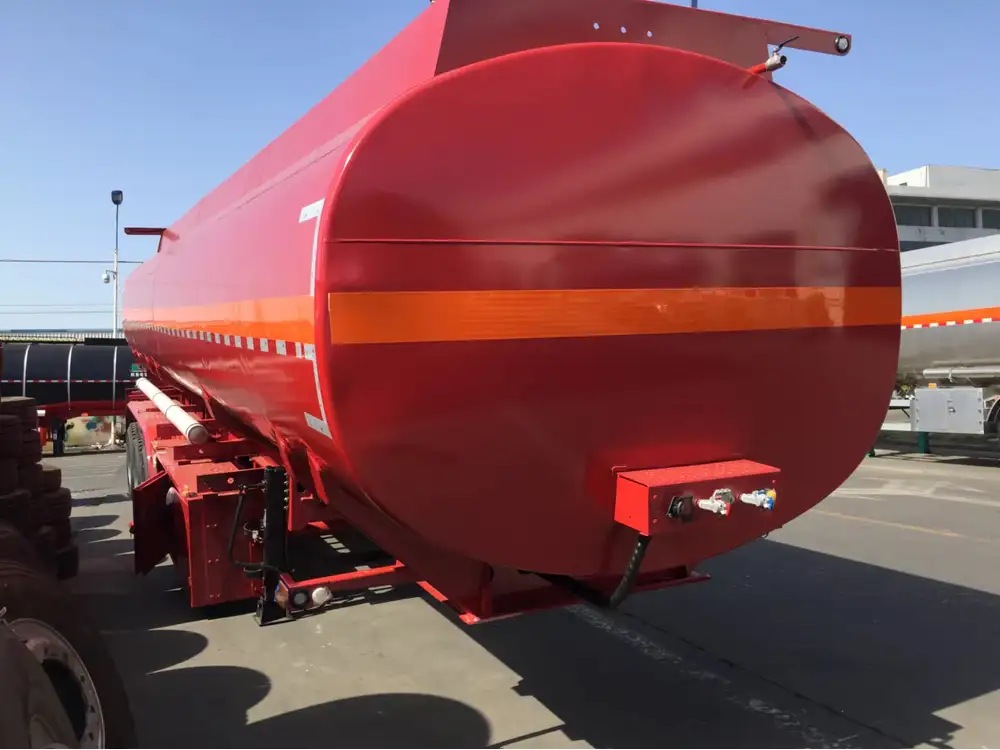
4. Cost-Effectiveness
When weighing the cost of materials against their lifespan, 10 gauge steel often provides a cost-effective solution. Its durability means fewer expenditures on repairs and replacements, establishing it as a solid investment for trucking companies and contractors alike.
Considerations of 10 Gauge Steel Usage
While there are many benefits to using 10 gauge steel, it’s essential to understand the context in which it thrives. Not every scenario calls for this thickness; therefore, evaluating the intended use of the dump trailer is vital.
Load Capacity
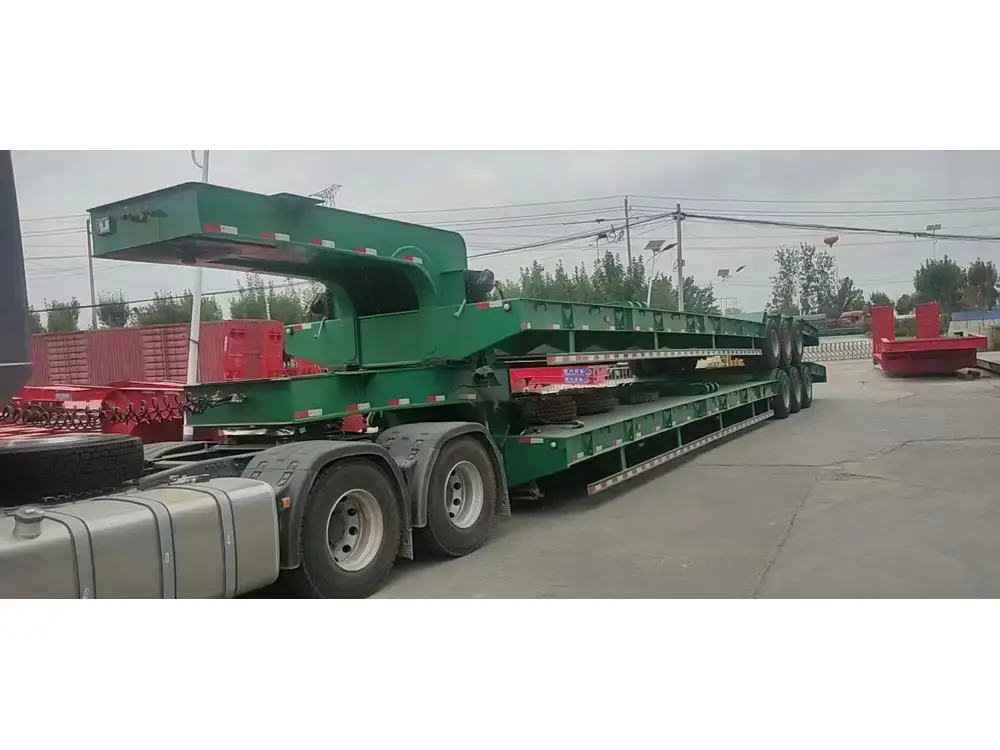
Evaluating Load Limits
A common query within the industry concerns the loading capacities associated with 10 gauge steel dump trailers. Typically, a vehicle’s load capacity depends not only on the materials but also on the design and construction of the trailer. For instance, a dump trailer made with high-quality 10 gauge steel can often carry loads ranging from 10,000 lbs to over 20,000 lbs, depending on the design.
Climate and Environmental Factors
While 10 gauge steel is sturdy, it’s also crucial to consider environmental aspects.
Corrosion Resistance: Steel is susceptible to rust, especially in damp or acidic conditions. Implementing protective coatings or choosing galvanized steel can extend the life of trailers.
Temperature Variability: Steel can behave differently under extreme temperature conditions. For instance, embrittlement can occur in extreme cold, affecting performance.
Comparing 10 Gauge Steel with Alternative Materials
When pondering the choice between 10 gauge steel and other materials, such as aluminum or composite materials, several factors need addressing:
| Material | Weight | Strength | Durability | Cost |
|---|---|---|---|---|
| 10 Gauge Steel | Moderate | High | Very High | Moderate |
| Aluminum | Lightweight | Moderate | Moderate | Higher |
| Composite | Variable | Variable | Moderate to Low | High to Very High |
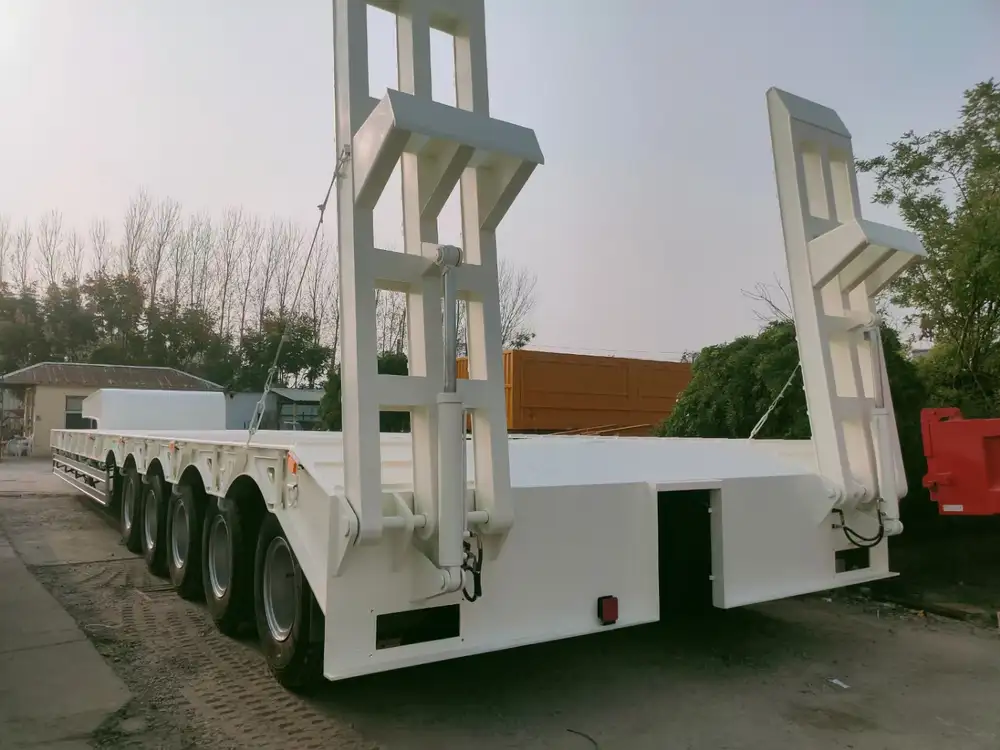
Aluminum Trailers
Aluminum trailers are lighter but struggle to carry the same load as steel trailers. Their vulnerability to denting and lower tensile strength can be detrimental in rigorous applications.
Composite Trailers
Composite materials are gaining traction due to their weight-saving properties; however, they often lack the strength necessary for heavy-duty use. Maintenance of composite materials can also be more complex, adding to operational costs.
Maintenance Tips for 10 Gauge Steel Dump Trailers
Preserving the integrity of 10 gauge steel dump trailers enhances longevity and performance. Here are some critical maintenance practices:
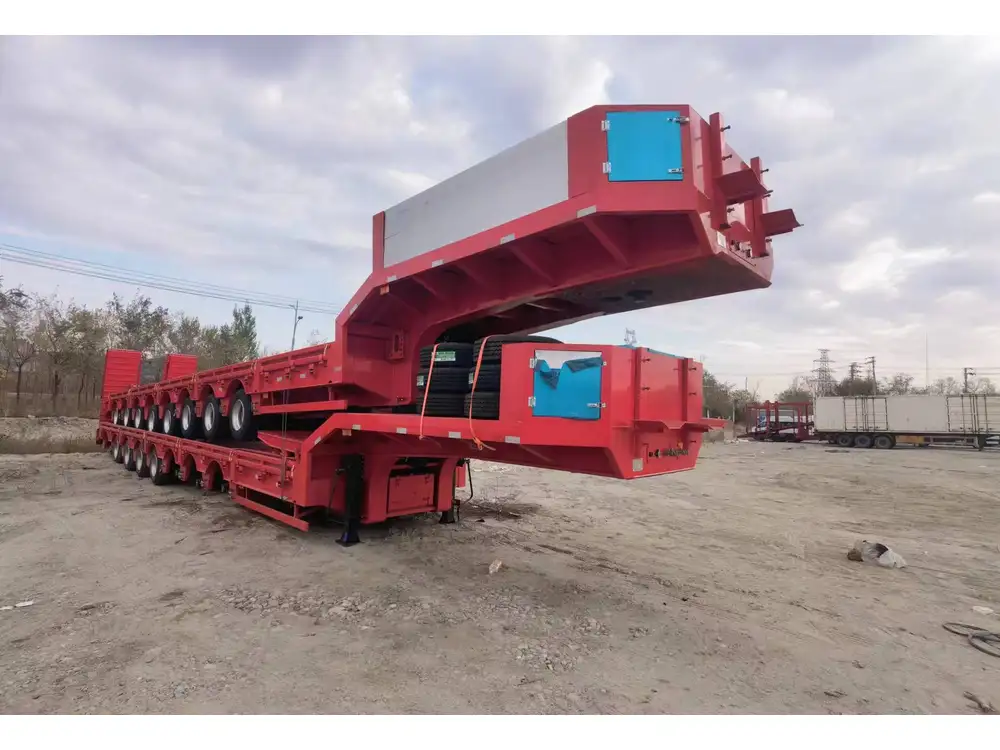
1. Regular Inspections
Conducting regular inspections minimizes the chances of unnoticed wear or damage. Focus areas should include welds, joints, and critical load-bearing components.
2. Protective Coatings
Employ protective coatings to guard against corrosion. Modern paint technologies can thwart moisture ingress, extending the lifespan of the steel.
3. Cleaning
Routine cleaning removes residues that may cause long-term damage or corrosion. A simple wash with mild soap and water can suffice; ensure to avoid harsh chemicals that might erode protective surfaces.

4. Safe Loading Practices
Ensure you are adhering to the weight limits of the trailer. Unevenly distributed loads can cause excessive stress on one side of the trailer, leading to potential failures.
Conclusion: The Case for 10 Gauge Steel
In summary, the choice of material is a cornerstone in the manufacturing of dump trailers. With a robust gauge, 10 gauge steel provides a harmonious balance of strength, weight, and cost-effectiveness, making it a favored option. Its exceptional tensile and yield strength fortify its capacity to handle demanding loads while maintaining durability.
Within this framework, we encourage users to thoroughly assess their specific needs and operational context when considering dump trailer specifications. Ultimately, investing in a trailer constructed from quality 10 gauge steel can ensure a reliable, long-lasting asset capable of meeting the rigorous demands of the hauling industry.



